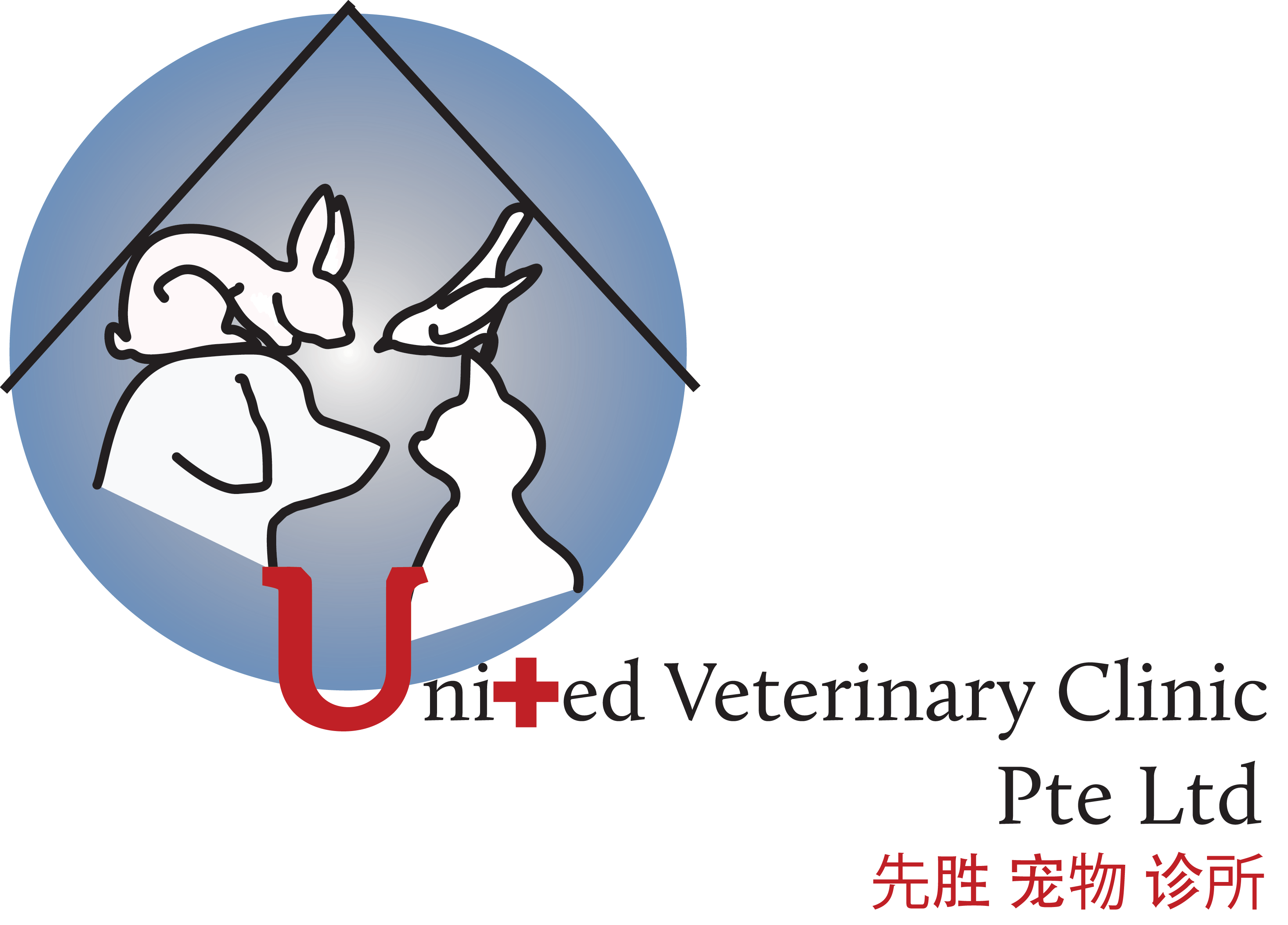Canine Parvovirus
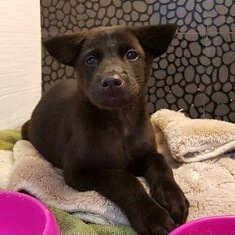
Fig 1: Canine parvovirus typically affects puppies <6 months old
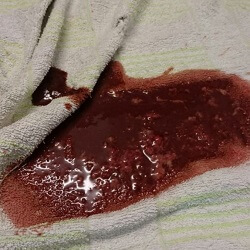
Fig 2: Bloody diarrhoea is a typical clinical symptom in parvovirus infections
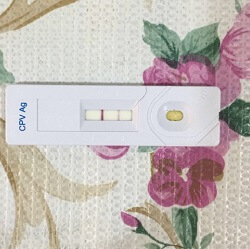
Fig 3: A positive CPV result
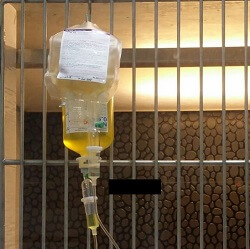
Fig 4:Plasma transfusions are needed to boost immunoglobulin and protein levels.
What is Canine Parvovirus (CPV)?
CPV is a highly contagious viral infection that spreads via direct or indirect contact with an infected dog's faeces, saliva or vomitus. Susceptible dogs are infected after ingesting the viral particles. Following infection, the virus typically incubates for a period of 5-14 days, before an infected patient begins showing clinical symptoms.
Clinical Signs may include:
- lethargy / generalized weakness
- vomiting
- diarrhoea – which is usually bloody as the virus causes extensive destruction of the intestinal lining
- inappetance
- fever
These clinical symptoms if left untreated, are potentially fatal. The mortality rate for CPV infection is high, particularly among the younger dogs (less than 6 months of age) due to their immature immune systems.
CPV can affect dogs of all ages but it is most commonly seen in younger dogs, less than 1 year of age.
How is CPV diagnosed?
A diagnosis is made using a faecal ELISA test kit and based on presenting clinical signs.
Do note that false positives may occur if the tested dog was recently vaccinated for parvovirus within the 14 days prior. Blood tests may also reveal low white blood cell counts and / or low protein levels.
What does CPV do and how do we treat it?
As with any viral disease, there is no treatment that kills the actual virus. Rather, treatment focuses on providing supportive care to assist the patient's own immune system in fighting off the viral infection.
Destruction of the intestinal lining by CPV leads to severe dehydration, electrolyte imbalance and results in bacteria from the intestinal tract entering the bloodstream (septicaemia).
Hospitalization and intensive supportive care is crucial during this critical period of infection. These include:
- intravenous fluid therapy – to correct severe dehydration & electrolyte imbalance
- plasma transfusions – to increase protein and immunoglobulin levels
- antibiotics – to treat secondary gastrointestinal infections
- gastro-protectants
- anti-nausea agents
- anti-diarrhoeal agents
- anti-viral drugs
- supplements for the immune system
- nutritional supplementation
The success rate is highly dependent on the age / health status of the dog and time of diagnosis / start of treatment. Earlier intervention increases the chance of survival.
How can we stop the spread of CPV?
CPV can withstand extremely hot and cold environments. It is also resistant to common disinfectants such as detergents and alcohol. Due to this resilient nature, CPV can remain in contaminated environments for months to years. Any dog in that contaminated vicinity is susceptible to infection, be it from direct contact with an infected dog or indirect contact with contaminated surfaces and objects like bowls, hair, shoes, clothes, etc.
You can limit the spread of CPV by:
- Isolating your sick dog from other dogs and observing quarantine protocols.
- Thoroughly disinfecting contaminated environments with chlorine bleach or glutaraldehyde based disinfectants.
- Ensuring all contaminated surfaces and objects are cleaned thoroughly. This includes food bowls, water bowls, toys and cages.
How can we prevent CPV infection?
Prevention is better than cure. Vaccinations are the best way to protect your dogs from CPV infection.
The recommended protocol is for all puppies to follow a 3-course vaccination schedule:
- 1st booster at 6-8 weeks of age
- 2nd booster at 10-12 weeks of age
- 3rd booster at 14-16 weeks of age
After which subsequent annual vaccination boosters are recommended to ensure your dog remains full protected.
Can humans be affected by CPV?
No, CPV is not a zoonotic disease. There is no scientific evidence to suggest that CPV is transmissable to humans.
Please do not hesitate to contact us at 6455 6880 if you have any queries.


